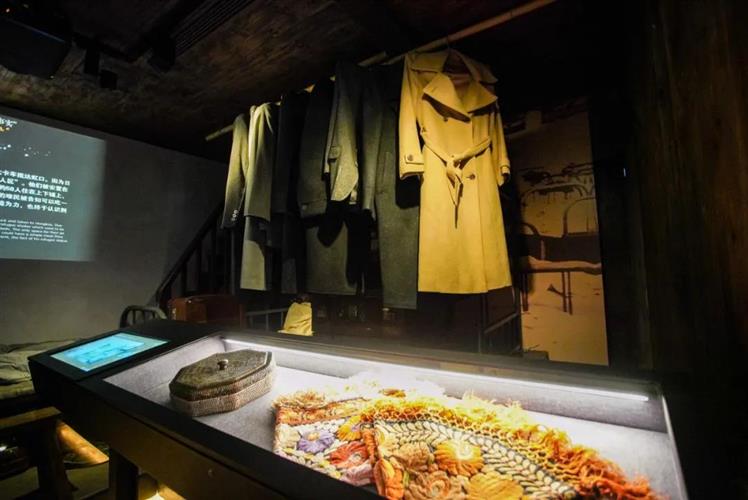Latest
Latest
China’s only Jewish refugee museum reopens
Time:2020/12/11 11:06:09 Author: Zheng Qian From:Eastday
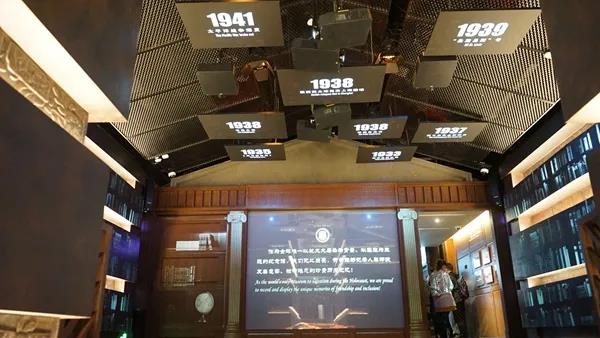
The Shanghai Jewish Refugees Museum, the only one in China thatdocumentsJewish refugees’ life in Shanghai during World War II, has reopened after more than two year’s expansion and reconstruction.
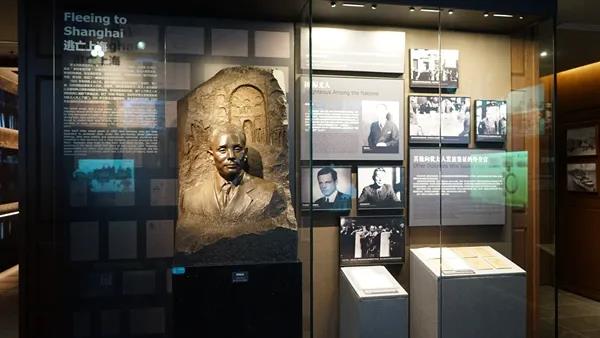
Nearly 20,000 Jewish refugees fled from Nazi occupied Europe during World War II to the Chinese port city of Shanghai. Built on the original siteof theOhel Moshe Synagogue, one of the only two synagogues in Shanghai founded by Russian Jews where the Jewish refugees gathered forreligious ritesduring WWII, the museum recorded the friendship and brotherhoodbetween Shanghai residents and the Jewish people at the war time.
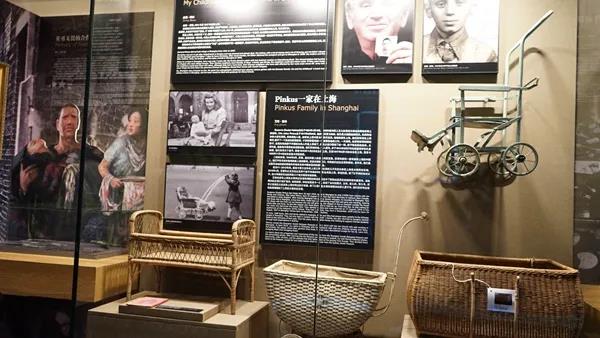
With the area having been expanded to more than 4,000 square meters, three times larger than the original, the newly-opened museum enjoys a ten-time larger exhibition space to show the history from the late 1930s to the present time.
Via advanced technology, nearly a thousand historic relics accompanied by videos and narration explain how the Jews fled to Shanghai, how they arrived in Hongkou district, how they made a living in the new habitat and got on well with their Chinese neighbors and how they repaid Shanghai after leaving China.
To create an immersive experience, a dozen scenes have been reproduced to reflect Jews’ life in Shanghai.
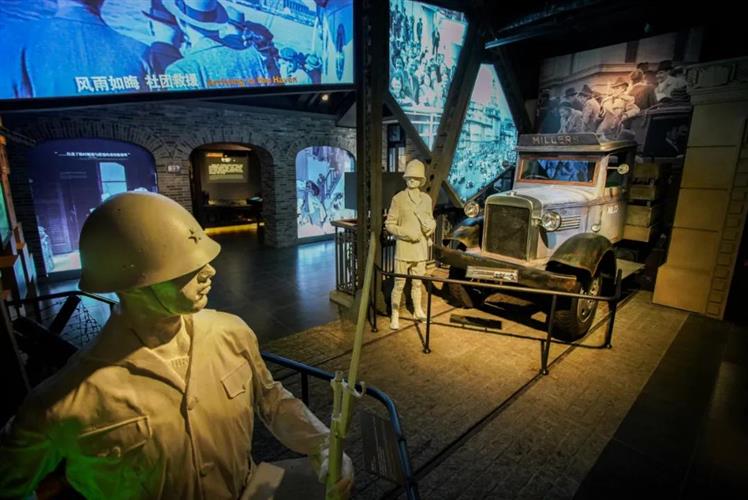
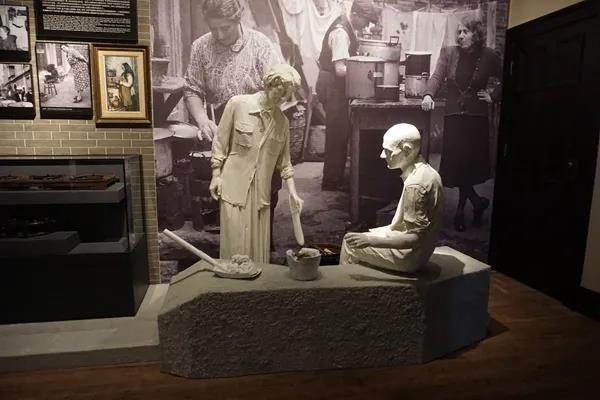
At the museum’s opening ceremony held on December 8, Jews from around the world sent their congratulations and appreciation for the kindness of the Chinese people.
"I am delighted that the Shanghai Jewish Refugees Museum is reopening. I owe my life to Shanghai's refuge. My parents were Jewish refugees from Holocaust and the pogroms. "said Lawrence Tribe, a professor at Harvard Law School, who was born in Shanghai in October 1941.
On the opening day, The Center for Historical Materials Research on Shanghai Jewish Refugeeswas alsoinaugurated, indicating that the protection of this history will enter a new stage.
